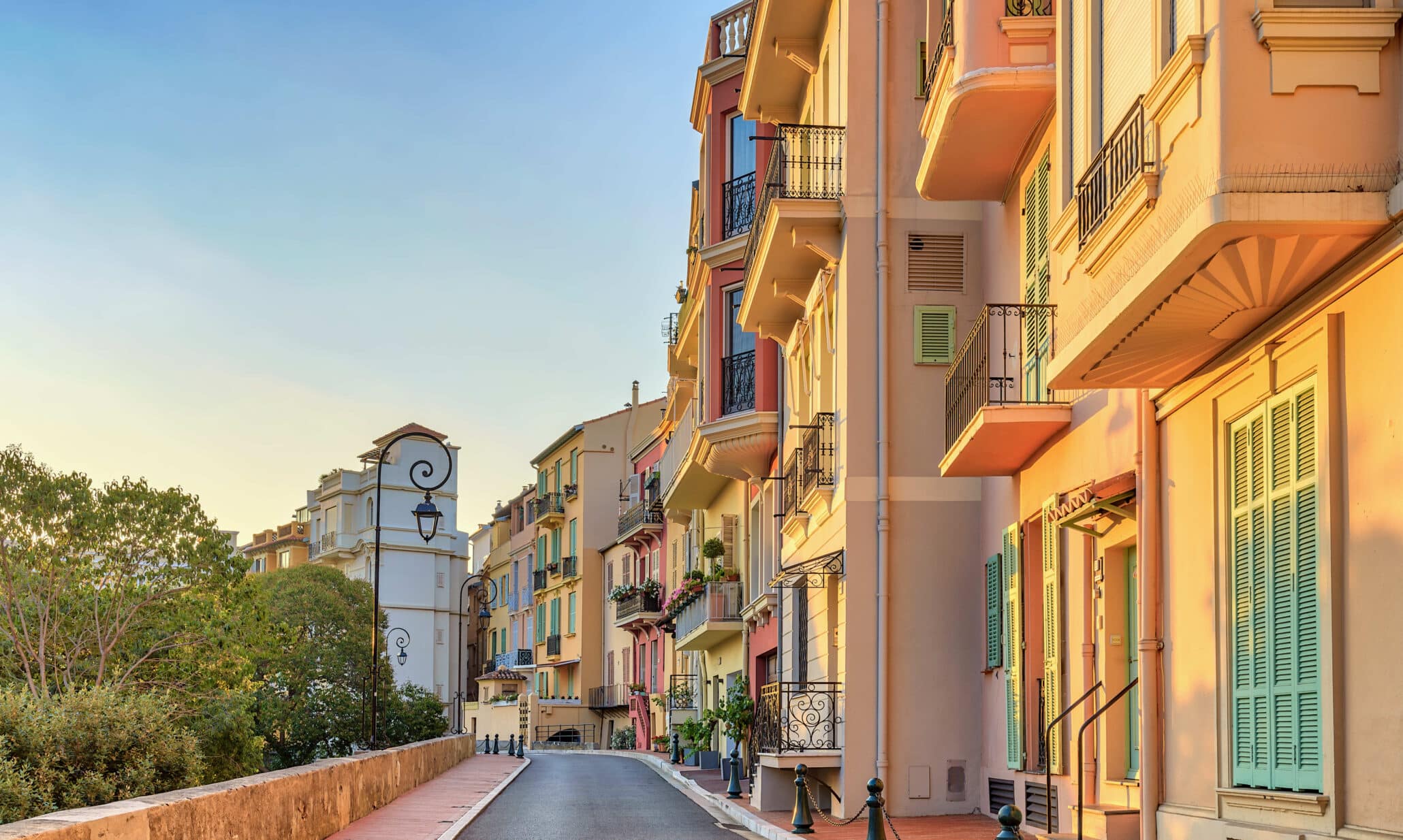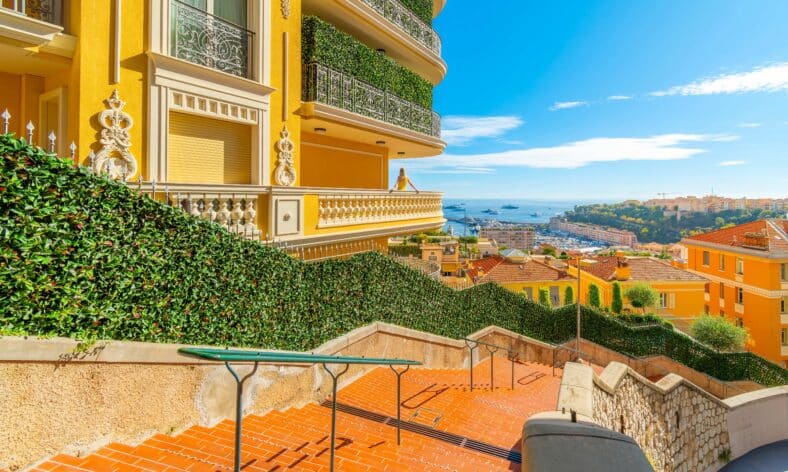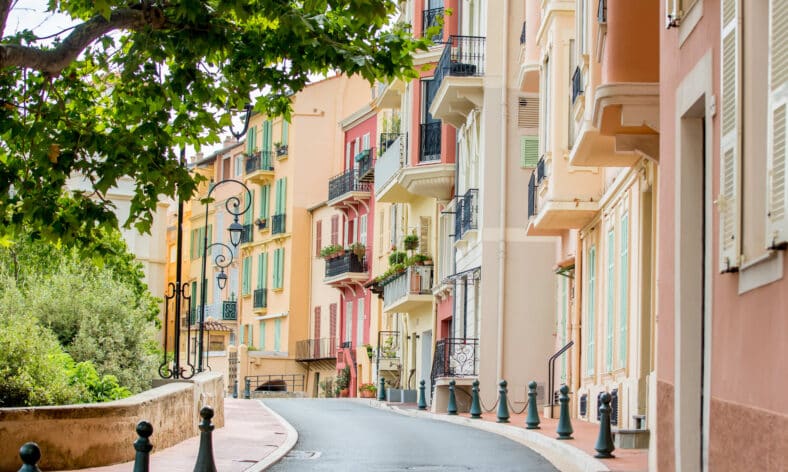19 November 2024
Monaco’s Law and Housing Regulations

Monaco, renowned for its luxury real estate, also operates under a distinct set of housing laws and regulations, which help maintain order in the highly coveted property market. These laws ensure the preservation of the city-state’s unique charm and the protection of property rights for residents and investors. Key regulations such as Law 1235, Law 887, and Law 1291 play significant roles in defining the rights and obligations related to apartments in Monaco. Understanding the impact and differences between these laws and how they compare to apartments not subject to these regulations is vital for anyone considering to buy a house in Monaco.
Law 1291 and Law 1235: Protecting Housing in Monaco
Laws 1291 and 1235 work together to regulate certain categories of apartments, particularly those in buildings constructed before 1 September 1947. The Monegasque State protects this sector, ensuring that both tenants and landlords operate within a structured framework designed to balance social priorities and market stability.
One significant feature of these laws is the rent regulation mechanism. Under these regulations, the Housing Department is responsible for fixing the rent amounts ensuring affordability for tenants while maintaining fairness for property owners. Additionally, the apartments subject to these laws can only be rented to specific groups of protected individuals in a strict order of priority. These include Monegasque nationals, certain categories of family members or dependents of Monegasques, long-term residents, and individuals with deep ties to Monaco, such as those born or adopted in the Principality.
Law 1291 also establishes rules for how these apartments can be used. While primarily residential, parts of such premises can, with the owner’s approval, be used for non-commercial professional activities or associations, provided co-ownership regulations allow it. This adds a layer of flexibility while maintaining the primary focus on housing.
These laws mandate a minimum lease period of six years in lease agreements, giving tenants long-term security. While tenants can cancel their lease with three months’ notice, landlords can only terminate leases under specific conditions, such as redevelopment, significant modifications to create new living space, or essential repairs.
The law requires comparisons with similar apartments governed by Laws 1235 and 1291 within the same district to determine rents. This ensures rents remain consistent with the surrounding housing market while reflecting the property’s quality and services. Importantly, landlords must share the references used to calculate rent with tenants before signing a lease, ensuring transparency.
By connecting these provisions to the broader co-ownership regulations of Law 1235, it’s evident how Monaco’s housing laws interlace to maintain balance and order in its unique property landscape. While Law 1235 governs shared ownership and building management, Law 1291 addresses the intricacies of older properties and their protected status, reinforcing Monaco’s commitment to fair and equitable housing solutions. For anyone planning to buy a house in Monaco, understanding how these laws interact is crucial to navigating the property market effectively.
Law 887: Rental Regulations for Older Buildings
Law 887 also primarily applies to buildings constructed before 1st September 1947 and governs the rental of apartments within these properties. Under this law, apartments can only be rented to specific categories of individuals, including:
- Ascendants or descendants of the owner or their spouse;
- Individuals of Monegasque nationality;
- People who have been domiciled in Monaco for at least five years and have been engaged in a professional activity in the Principality for over six months;
- Individuals who have worked in Monaco for at least five years.
Leases under Law 887 typically last for six years and can be terminated annually at the tenant’s discretion. Unlike other rental agreements in Monaco, rents are not subject to protection under this law and can be freely negotiated. A rental indexation clause based on the ICC (Cost of Construction Index) may also be included, allowing for rent adjustments in line with inflation. For those considering options beyond renting, understanding these regulations is key if you wish to buy a house in Monaco, as the rental market in older buildings may influence decisions regarding property investment.
Apartments Not Subject to These Laws
In contrast, apartments outside the regulations stipulated by Laws 1235, 887, and 1291 offer a different experience for owners and tenants. For instance, properties not subject to Law 1235 may have more flexible co-ownership arrangements. However, this could also mean that owners face more challenges when managing shared spaces and resolving disputes. Similarly, apartments outside the scope of Law 887 may have different tenant protections, giving landlords greater flexibility in rent prices and lease terms, which could result in less security for long-term tenants. New apartments not covered by Law 1291 might also need to have the same high standards in construction, energy efficiency, and environmental integration, potentially affecting their long-term sustainability and value.
If you’re considering renting or purchasing property in Monaco, working with a trusted real estate agency like Icon Property Monaco can provide invaluable support. Our in-house lawyer is available to help explain the various legal nuances and facilitate all aspects of the renting process, ensuring that you make informed decisions about whether to rent or buy a house in Monaco.


